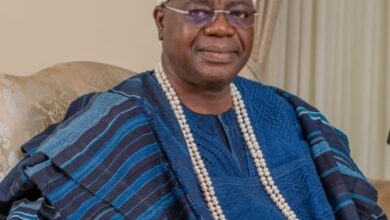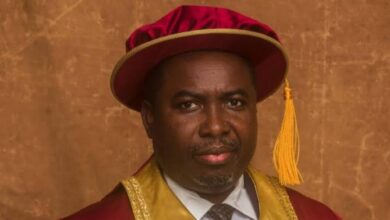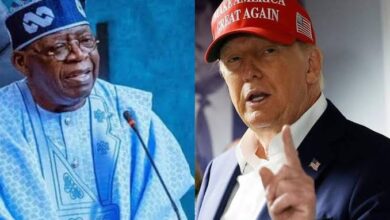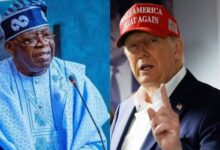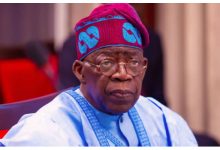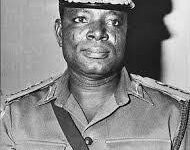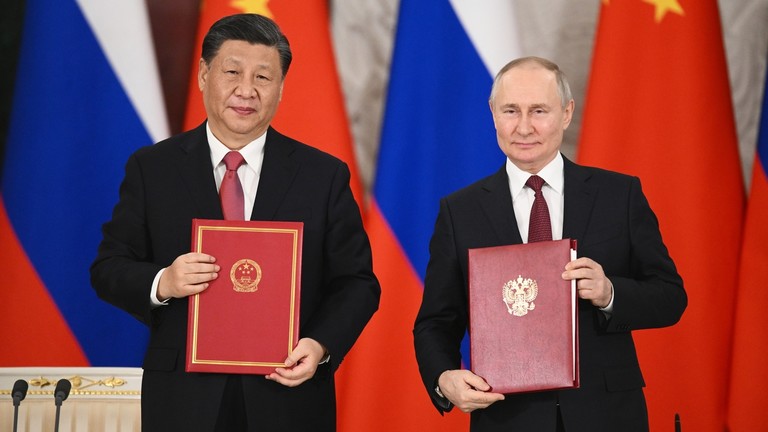
The US newspaper reported that Beijing’s envoy had downplayed partnership with Moscow and tried to distance his country from it
The New York Times (NYT) failed to accurately reflect China’s position on relations with Russia in this week’s account of an interview with Beijing’s ambassador to the EU, the diplomat’s office has said.
In an article published on Wednesday, the newspaper stated that Fu Cong tried to distance Beijing from Moscow, and downplayed the ties between the two powers.
A reporter asked about a key joint statement signed last year by Chinese leader Xi Jinping and Russian President Vladimir Putin, which declared the friendship between the nations as having “no limits.” The ambassador, according to the newspaper, replied that there can be no such thing as a friendship with “no limit” and that the description was “nothing but rhetoric.”
The Chinese mission to the EU told the Russian news agency TASS that the interview with the NYT was about an hour long and that the highlights printed by the paper failed to properly convey Fu’s words.
“The ambassador stated that some people deliberately misinterpret the Chinese position [on the crisis in Ukraine]. The things that China did and didn’t do since the start of the conflict are known in Europe and the rest of the world,” the news agency quoted the mission as saying on Thursday.
The diplomat’s office clarified that there was no sense in discussing the meaning of a “no-limits” friendship, and that the term did not imply that China was going to provide military assistance to Russia.
Western officials have warned China not to send arms to Russia, threatening “consequences” should it make such a move. Beijing has stressed that it has no such plans, and accused Washington of “spreading false information” and “fanning the flames” of the Ukraine conflict.
Kremlin spokesman Dmitry Peskov commented on the NYT piece, stating that the Russian government was “guided by the substance of the bilateral contacts” that Putin and Xi had during the Chinese leader’s visit to Moscow last month.
During the three-day trip, Russian and Chinese officials signed more than a dozen bilateral agreements. The talks and the documents “were quite substantive and fully reflect the range of issues on our shared agenda,” Peskov stated.



